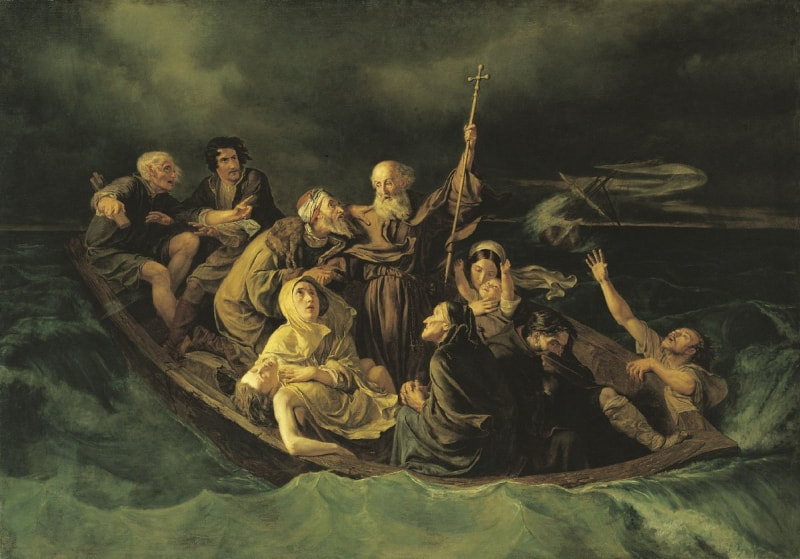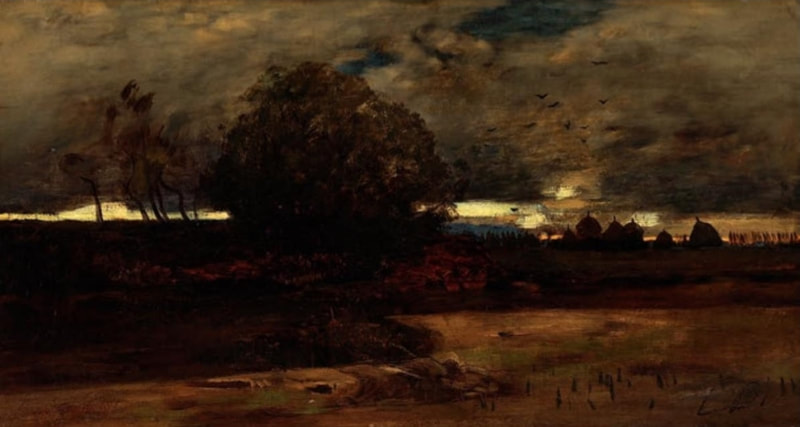William James Tychonievich succinctly tackles this "spiritual authority" concern by pointing out that -- contrary to appearances -- Romantic Christians are not really "going it alone" at all:
"The ultimate spiritual authority is the Holy Ghost speaking to each believer's mind and heart, and all other authorities are downstream from that."
Man, I wish I had written that.




 RSS Feed
RSS Feed

